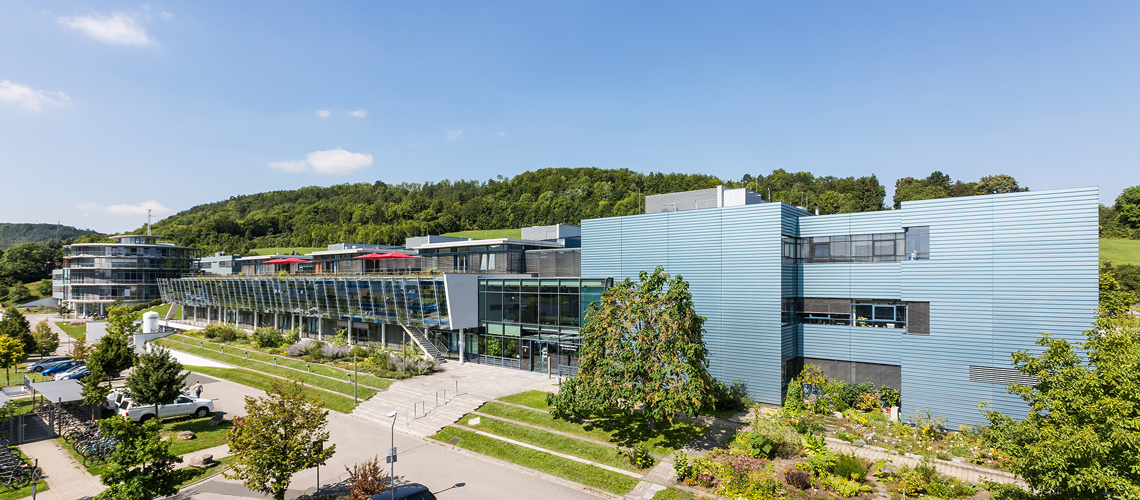
The Max Planck Research Group of Synergistic Organometallic Catalysis at the Max Planck Institute for Chemical Energy Conversion in Mülheim an der Ruhr in cooperation with the Ruhr University Bochum, is currently looking for a highly motivated Postdoctoral Research Associate (m/f/d) in the field of Synthetic Organometallic Chemistry and Catalysis.
The position is to be filled as soon as possible. The initial appointment is for 1 year; however, it may be extended by mutual agreement if the candidate is a good fit for the position.
Adaptive catalysts possess the ability to adjust their reactivity and selectivity in response to changes in reaction conditions. This allows for the exploration of alternative reaction pathways and control over chemical bond activation processes. The development of such catalysts is of utmost importance in addressing challenges such as enhancing resource efficiency and establishing environmentally friendly processes. The successful candidate will be responsible for developing adaptive catalytic systems that can precisely modify and manipulate molecular structures in small molecules relevant to energy research. These reactions involve the transfer of an atom or group from a source molecule to a target molecule, resulting in the creation of new compounds with altered properties. This level of precision equips chemists with the capability to add or remove functional groups, modify stereocenters, and manipulate specific sites, thereby simplifying synthesis strategies and enhancing compound discovery.
Qualifications and personal qualities
- A Master´s degree and a Ph.D. degree in molecular chemistry or a related field.
- Candidates must show a solid background in organometallic chemistry, with an emphasis on synthetic aspects.
- A proven scientific track record with first-author publications in reputable journals.
- Experience in the handling of air-sensitive and thermally labile organometallic compounds is desired.
- Experience with standard structural characterization techniques such as NMR, X-ray diffractometry, and mass spectrometry is required.
- Experience with IR, UV-vis spectroscopy, GC, GC-MS, and photochemistry is an advantage.
- Excellent English-language proficiency (verbal and written).
- Self-motivated personality with an independent, target-oriented, and systematic working style. A high degree of creativity, as well as excellent collaborative and interpersonal skills.
Our offer
The successful candidate will be integrated into an interdisciplinary and international group jointly between the Max Planck Institute for Chemical Energy Conversion and the Ruhr University Bochum. The postdoctoral position will be remunerated according to TVöD (Bund) in line with your qualifications and professional experience.
The Max Planck Society is committed to increasing the number of individuals with disabilities in its workforce and therefore encourages applications from such qualified individuals. Furthermore, the Max Planck Society seeks to increase the number of women in those areas where they are underrepresented and therefore explicitly encourages women to apply.
Please send your application documents in a single PDF document, (including a cover letter, a curriculum vitae, copies of your degree certificates and contact information of two references) by e-mail, with the reference code “CW007” on or before June 20, 2023 to:
Dr. Christophe Werlé
christophe.werle@cec.mpg.de
Max Planck Institute for Chemical Energy Conversion
Stiftstr. 34–36
45470 Mülheim an der Ruhr
Germany
Encrypted data transfer is possible on the site Cryptshare.mpg.de.
Further information regarding data protection for applicants.





